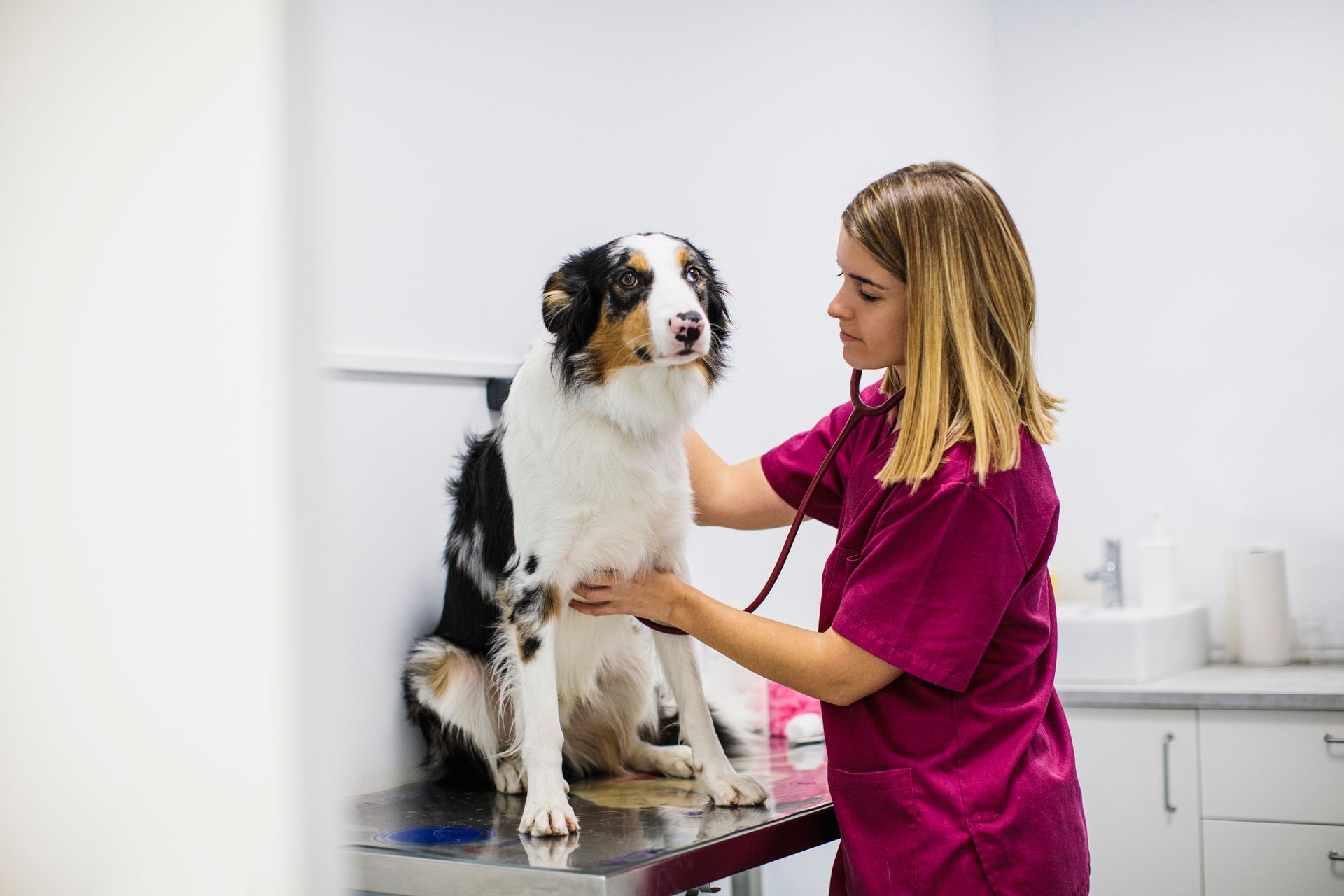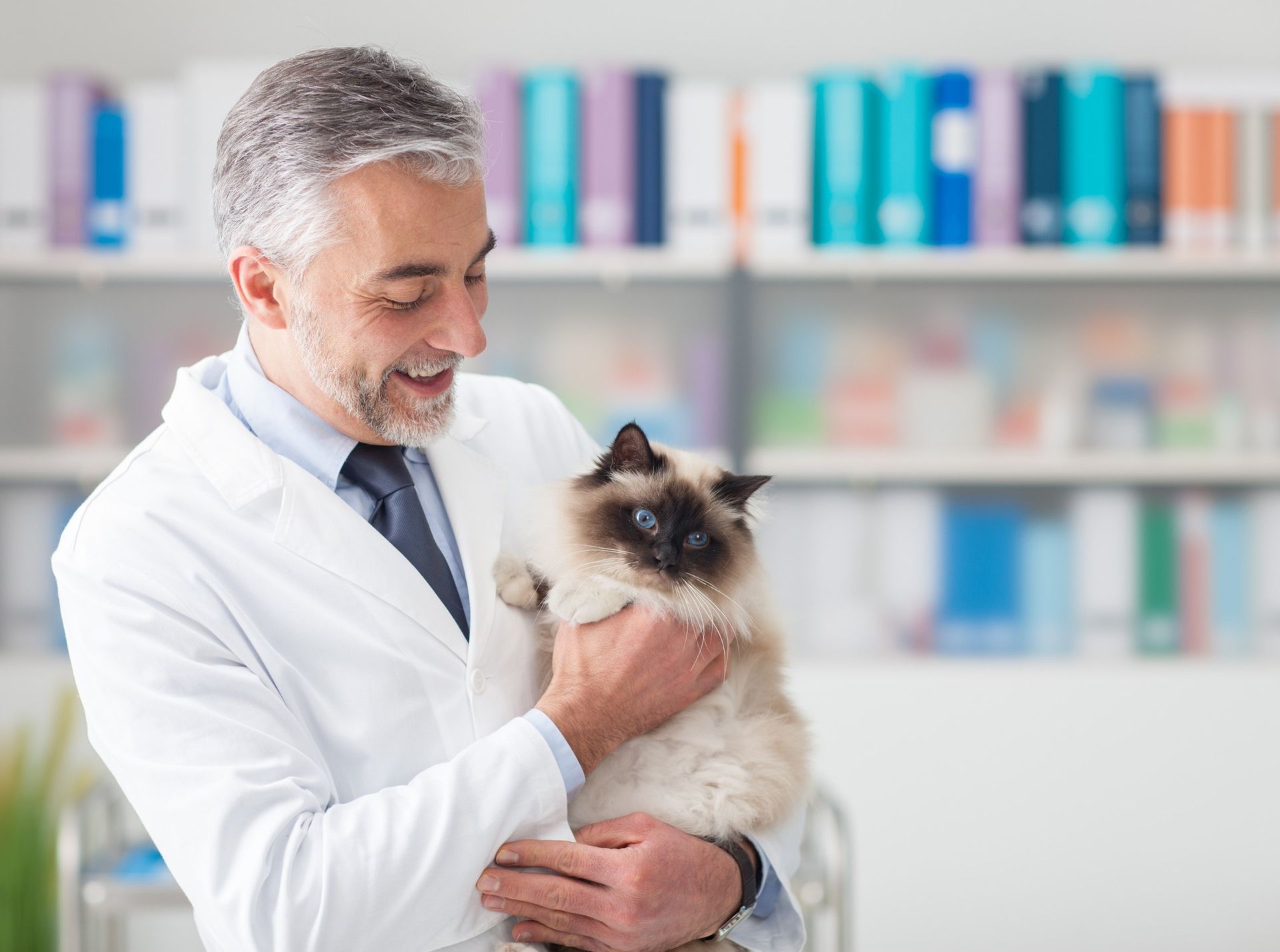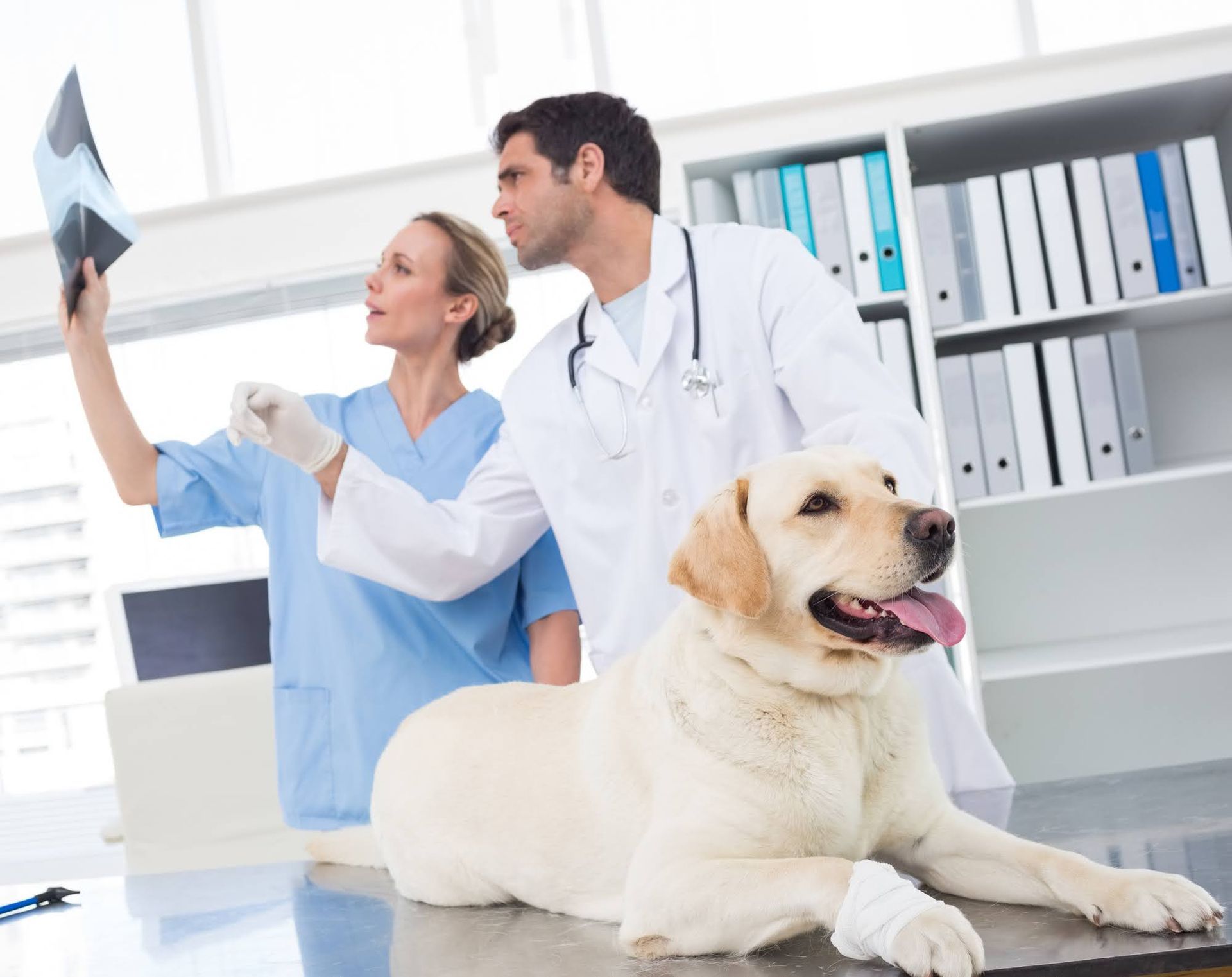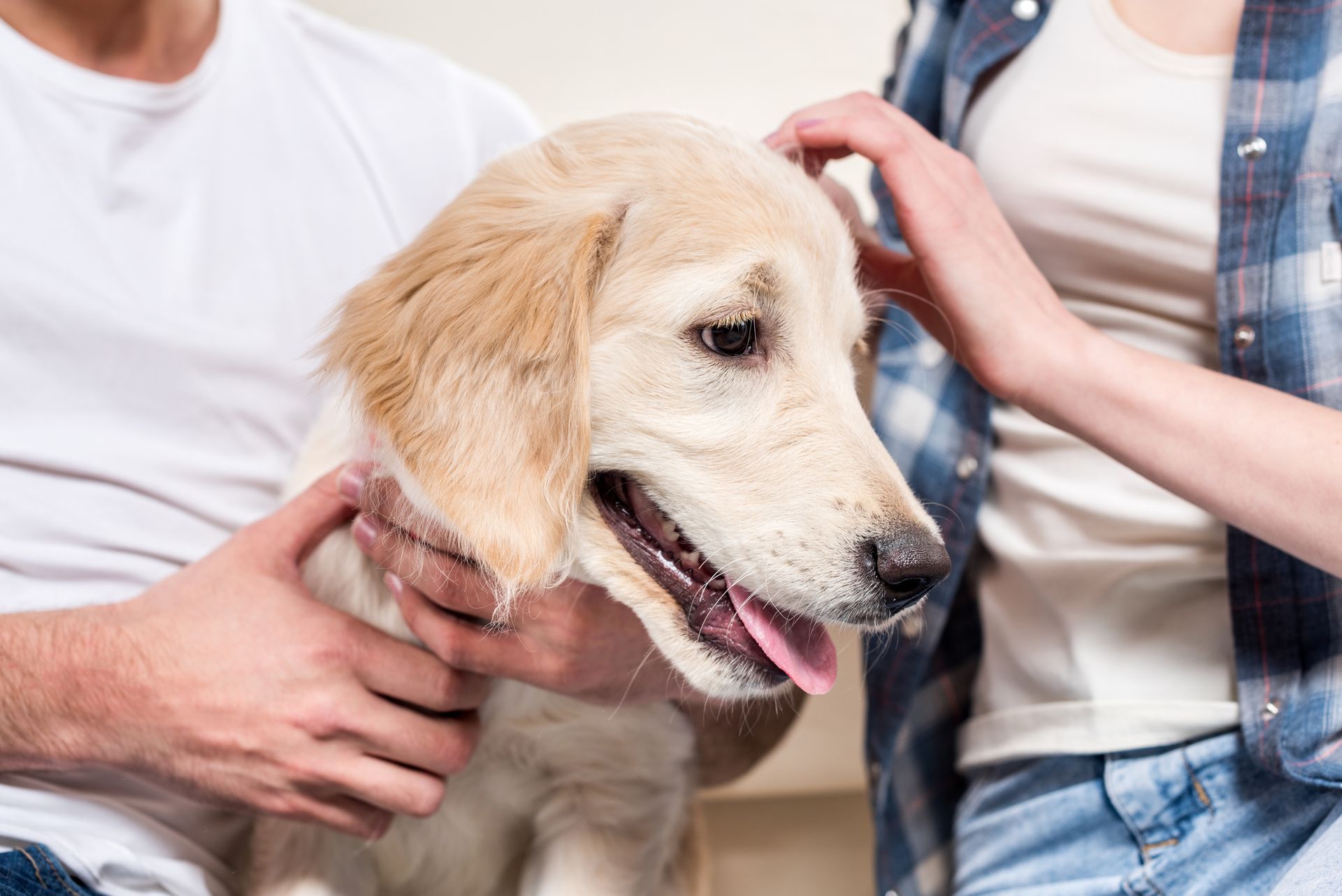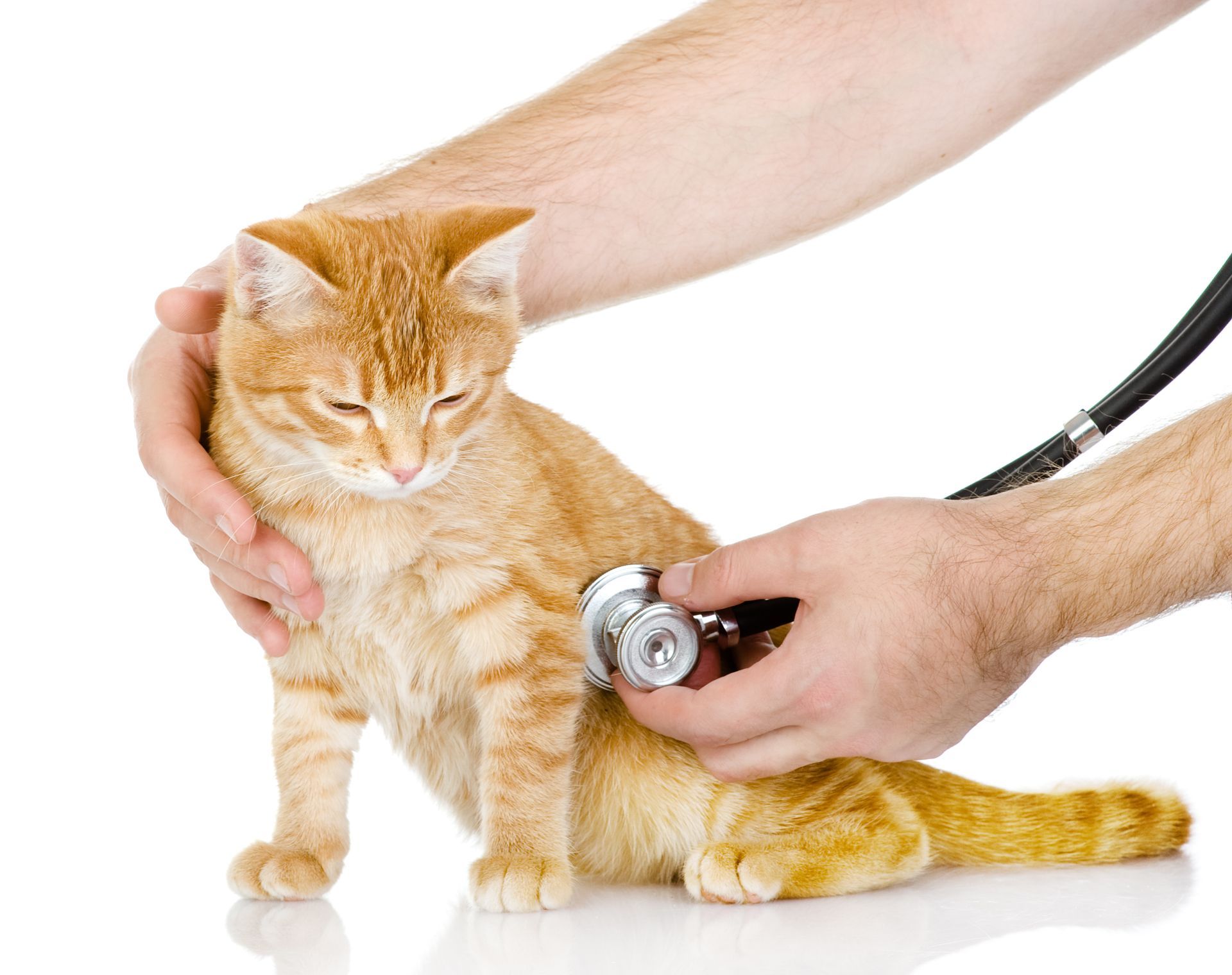What to Do If Your Dog or Cat Gets Struck by a Car
Accidents happen. Even if you have a fenced yard or you keep a watchful eye on your canine or feline friend, a car accident can happen in an instant. In the United States alone, over six million cats and dogs are struck by vehicles every year. You should prepare for this type of tragedy should your own pet fall victim to a vehicle.
Here are things you should do if your beloved dog or cat gets struck by a car. This same information is helpful if you see someone else's pet get injured by a vehicle as well.
Remain Calm and Stay Safe
While your first instinct is to run into traffic to retrieve your panicked and injured animal, stay calm and do what you can to alert traffic of the accident so people can safely slow down or stop. Wave your arms from the side of the road close to where your pet was struck and try to get other people walking about to do the same; the motion will alert drivers of potential danger ahead and cause them to slow down.
Only when traffic has slowed and you can safely enter the street should you attempt to retrieve your injured cat or dog. If you have extra clothing or some type of material such as a towel, use this material to cover your hands to protect yourself against being bitten or scratched by the frightened, pained creature. A muzzle made out of a shoelace, long sock, or even a tie or scarf can protect yourself against being bitten and help restrain your pet.
Get your pet to a safe location before you seriously check the animal for wounds. Search for open wounds, ample or active blood loss, exposed bones, and body parts bent in awkward, unnatural angles.
Even if it appears your pet can walk on their own, don't allow your dog or cat to move on their own and never leave your injured pet unattended. Even with a serious injury, your pet may still try to bolt out of fear and confusion.
Get to an Emergency Vet
Use a coat, towel, blanket, or even a seat cover to wrap your injured pet so you can keep them protected and comfortable for the ride to the vet. If you don't have a vehicle with you, call the local police. They can refer you to the local animal control officer on patrol, or they can provide other assistance.
Call your emergency veterinarian as soon as you have your pet safe and secure in a vehicle to let the animal professional know you are on your way. This way, the vet can have a stretcher and full staff ready to treat your animal as soon as you enter the parking lot.
When you speak to the vet, give as much detail about the animal's accident as you can. The type of vehicle involved, where your pet was struck, any noticeable injuries, the conscious state of your pet, and other information will help your emergency vet prepare for treatment of your injured furry companion.
Keep an emergency pet kit in your car, just in case. This kit should contain a leash, leather gloves, clean towels, a sheet, containers of fresh food and water, and veterinary information. Keep this kit in the back of your vehicle in the event that your — or someone else's — dog or cat gets hit by a car so you are best prepared.
Your emergency veterinarian will treat your furry companion any time of day or night to give the quality care and emergency treatment needed to give your pet the best chance of recovery. Our veterinary specialists at Angel Pet Hospital will address your emergency pet situation with professional and confident care. Call us immediately for all your dog or cat health needs.



